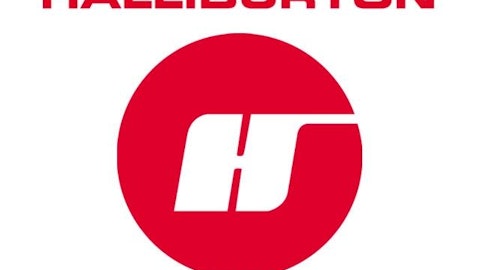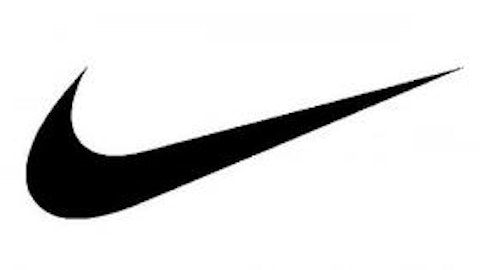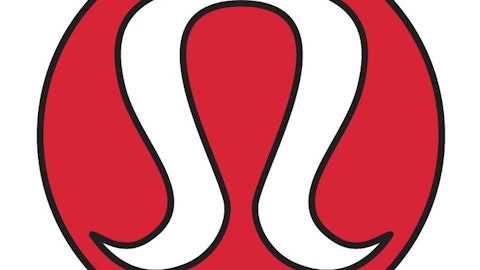Callaway Golf Co (NYSE:ELY) built a leading position in the golf equipment business by delivering game-changing, innovative products like the Big Bertha over-sized drivers it introduced in 1991. The company was one of the beneficiaries of Tiger Woods’ wide popularity and ability to bring people into the game of golf. Callaway has struggled with recent annual operating losses, though, due to rising production costs and a golf industry that hasn’t yet regained its footing from the financial crisis. According to data provider SRI International, golf equipment sales fell 8.3% to $5.6 billion in 2011 versus $6.2 billion in 2005. However, with the domestic economy on the mend, is Callaway a good bet?

What’s the value?
Callaway Golf Co (NYSE:ELY) remains one of the leading golf brands, with its namesake and Odyssey lines of club equipment and golf balls. The global affinity for golf has allowed the company to achieve a wide sales footprint, roughly 100 countries, as well as providing opportunities to expand its product mix into the apparel, footwear, and accessories categories. However, a declining gross margin for these non-core product lines has pushed Callaway toward licensing arrangements, including its agreement with Perry Ellis International to produce apparel in the domestic market.
In fiscal year 2013, Callaway Golf Co (NYSE:ELY) has generated promising results as it continues implementing its cost reduction plan that was initiated in July 2012. While the company’s overall sales fell 5.1% during the period, due to divestitures of certain business lines, it was able to achieve growth in its core businesses. More importantly, Callaway engineered a big increase in its operating margin, to 9.6%. Callaway gained leverage from its licensing arrangements, which has allowed it to dramatically shrink its sales and marketing organization.
The competitive threats
Of course, Callaway Golf Co (NYSE:ELY) has more formidable competitive threats than it did when it started its operations back in 1982. Chief among the threats is NIKE, Inc. (NYSE:NKE), the largest seller of footwear and athletic apparel in the world with a presence in virtually every major sport. The company’s primary focus is on big-money sports, like basketball and European football. It has also been building a solid golf franchise, no doubt enhanced by its well-known endorsement agreement with Tiger Woods.
In its latest fiscal year, NIKE, Inc. (NYSE:NKE) continued to deliver top-line growth, up 8.5%, with gains generated in each of its business segments. In addition, the company achieved a 9% increase in its Nike golf unit, thanks to double-digit sales increases across its apparel, footwear, and club product categories. The power of its brand is evidenced by its ability to raise prices, up 3% companywide during the period, which provides strong operating cash flow and allows it to reinvest in advanced product development.
Another threat is Dicks Sporting Goods Inc (NYSE:DKS), the leading sporting goods chain, with over 500 superstore locations around the country. The company is primarily a reseller, but it has been increasing its ownership of brands, including the 2012 purchase of golf brand Top-Flite from Callaway Golf Co (NYSE:ELY). While it is a competitor to NIKE, Inc. (NYSE:NKE) in certain areas, Dick’s has also been strengthening its partnership with Nike through a rising collection of in-store specialty shops that showcase NIKE, Inc. (NYSE:NKE)’s product lines.
In fiscal year 2013, Dick’s has reported a rise in overall sales, up 5.4%, as it continues to build out its national network of stores. However, its growth has been capped by weak comparable store sales, especially in its smaller Golf Galaxy chain of specialty stores. The stores may also be suffering from cannibalization of sales from Dick’s own in-store golf shops that offer a full assortment of products, as well as club repair, tuning, and gripping services. Nevertheless, the golf category and its Golf Galaxy chain remains one of the focal points for the company, which plans to reformat the store base with a more interactive customer experience that will hopefully lead to stronger future sales.
The bottom line
Callaway operates in a competitive business that has relatively short product lives, estimated at roughly two years, and requires heavy expenditures on endorsements to create end user demand. While the company has improved its operating and financial position, including replacing much of its high-cost preferred stock with convertible debt, it hasn’t earned an annual operating profit since 2008. As such, investors might want to wait for this story to develop further and stick with the industry’s brand giant, NIKE, Inc. (NYSE:NKE).
The article Should Investors Bet on a Turnaround at This Golf Equipment Pioneer? originally appeared on Fool.com and is written by Robert Hanley.
Robert Hanley has no position in any stocks mentioned. The Motley Fool recommends Nike. The Motley Fool owns shares of Nike.
Copyright © 1995 – 2013 The Motley Fool, LLC. All rights reserved. The Motley Fool has a disclosure policy.




